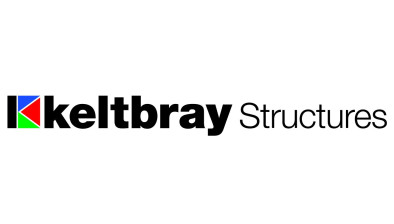Pilot launched to improve wellbeing in construction
 Keltbray Training is to participate in a trial to improve the wellbeing and communication of construction workers by exploring the relationship between the human mind and the human heart.
Keltbray Training is to participate in a trial to improve the wellbeing and communication of construction workers by exploring the relationship between the human mind and the human heart.
Researching what is referred to as “heart/brain coherence”, the pilot involves the utilisation of a system of science-based and scientifically validated, coherence-building skills designed to help bring the 50 participants’ physical, mental and emotional systems into balance to improve their ability to focus, and reduce stress and fatigue.
Keltbray is working with Vector Equilibrium to help the people in this trial to improve wellbeing and communication, be more effective at problem solving and increase personal and organisational coherence.
Director of Vector Equilibrium, David Price, said: “The overall goal of this programme is to increase self-awareness and build and sustain resilience by enhancing people’s ability to more intelligently self-regulate their energy which directly affects performance.”
The three-month trial, which also includes representatives from HS2 and the Costain-Skanska Joint Venture, is based on the Institute of HeartmMath’s methodology and involves a mixture of coaching and intervention. It follows a Construction News mental health survey published earlier this year which revealed that one in four construction workers had considered taking their own life. It also found that 55% of workers had experienced mental health issues, and that 42% had suffered these issues at their current place of work.
Training & development director for Keltbray Group, Holly Price, who initiated the trial after attending a Heartmath programme herself three years ago, said: “In addition to an increasingly tough climate for business generally, in terms of new legislation an uncertain economic outlook and continuous change, which has become a way of life for everyone, we in construction work in an environment where we are constantly having to juggle multiple disciplines and risks, and where the consequences of a lapse in concentration or error of judgement can be catastrophic.”





















